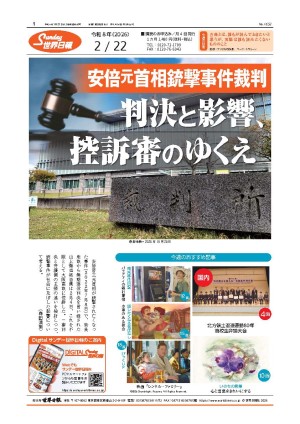Congress rankled over proposal to route 911 location calls though Russian satellites 緊急電話でのロシア人工衛星利用に議会が警告
Congress rankled over proposal to route 911 location calls though Russian satellites
The Federal Communications Commission is considering a plan to route U.S. emergency 911 location calls through a Russian satellite system, raising national security alarms inside a Congress dubious of Moscow’s intentions.
...【全文を読む】







